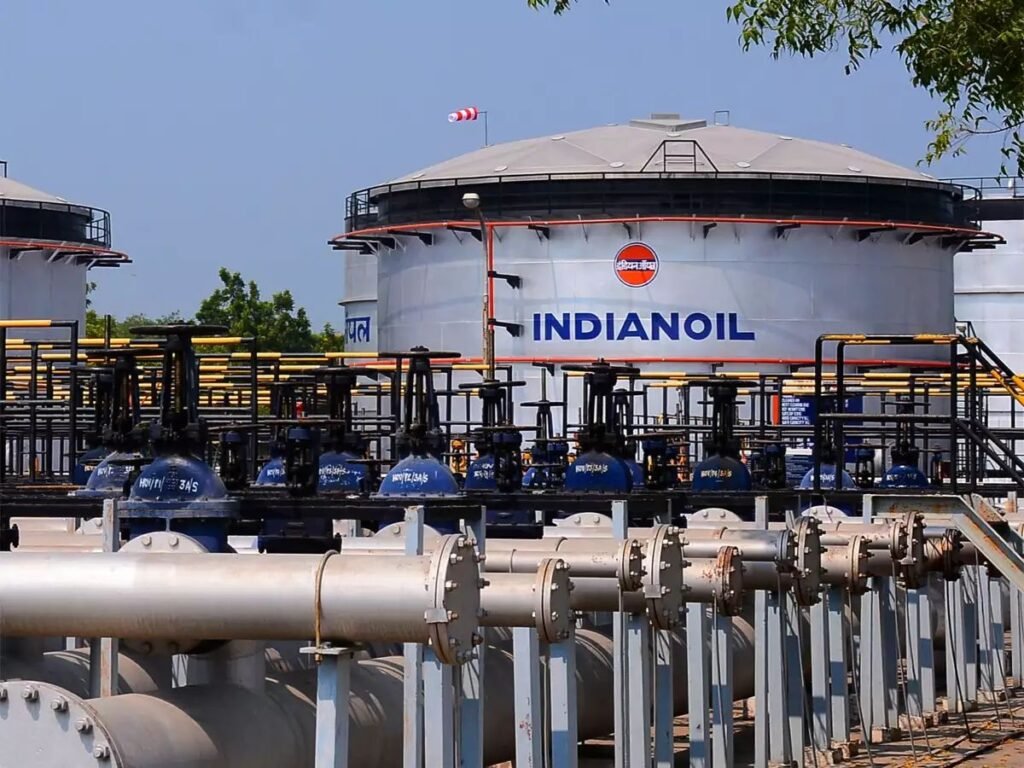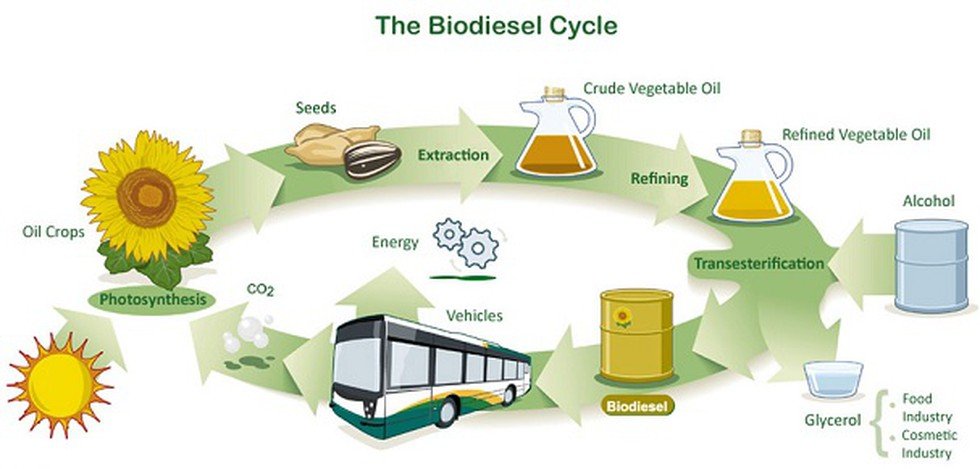Diesel, India’s most used fuel, is made from crude oil, for which the nation is 85 per cent dependent on imports. Imports can be reduced if a portion of diesel extracted from fossil oil is supplemented by an equally combustible diesel.

Addressing this requirement India has began experimenting with doping diesel with a small portion of biodiesel extracted from leftover cooking oil in kitchens to cut reliance on imports as well as reducing carbon emissions.
Biodiesel can be produced from vegetable oil, animal fat, tallow and used cooking oil (UCO). Indian Oil Corporation (IOC) has launched a diesel doped with used cooking oil.
To start with, 7 per cent biodiesel extracted from UCO is being doped in diesel and the supply of such fuel was started on Tuesday.

As much as 23 million tonnes of edible oil is consumed in the country annually. Out of this, 3 million tonnes of oil is discarded after use and is called used cooking oil.
There is a potential to generate 222 crore litres of UCO annually. To encourage the collection of this UCO, the oil companies have floated an expression of interest (EoI) seeking biodiesel made from UCO, offering a fixed price for five years and a guaranteed offtake for 10 years.

So far, IOC has also issued 23 LOIs for biodiesel plants with a total capacity of 22.95 crore litres. Under this initiative, IOC has received 51 kilolitres of UCO-Biodiesel at its Tikrikalan terminal in Delhi as of March 31.
As many as 30 LOIs have been issued at the industry level (by IOC, Bharat Petroleum Corporation Ltd (BPCL) and Hindustan Petroleum Corporation Ltd (HPCL) which will give 26.62 crore litre of biodiesel in years to come.
Reference- IOC website & PR, The Hindu, Economic Times, CNBC






